Welcome to Nuttall Shares, a semi-regular series of articles by Graeme Nuttall OBE, Partner at FieldFisher and Fellow of Ownership at work. The number of businesses joining the sector and putting an Employee Ownership Trust in place is growing rapidly. In the piece below, Graeme explains how and why the Independent Trustee role is so vital in these new EOT-controlled organisations.
The independent trustee director of an Employee Ownership Trust (EOT) has an important substantive role: they are not a figurehead. This individual is the keystone in checking the ownership and governance arrangements work well in an EOT-owned company.
The independent trustee director’s character needs to reflect the importance of the role, and the collaborative nature of an employee owned company. They must be authoritative, diplomatic and organised. In particular, they must:
- Be commercial and believe in employee ownership. The independent director cannot be agnostic. The purpose of an EOT is to provide long term employee ownership. The independent director must support that aim.
- Be professional, especially in their attitude to regulations.
- Be a decision maker. They are not an adviser, they are a key part of a decision-making body.
- Have good corporate governance knowledge and a good technical understanding of their employee ownership structure. Without this, who else is likely to take responsibility for checking the legal, tax and regulatory requirements of the EOT.
- Have the time to devote to the role, especially if it periodically becomes time-consuming.
The degree of independence the director must have will be defined in the relevant governance arrangements. The main aim is to be independent of the day-to-day business of the EOT-owned company, including financially, and so they will, as a minimum, be neither an executive director nor an employee of that company (or in its group). It is because the independent director does not have day-to-day involvement in the underlying business as a manager or an employee that they have the freedom, and focus, to help the trustee board fulfil its duties.
An individual’s experience of other business models may not be that relevant. It is knowledge of employee ownership, employee engagement, employee share plans, trusts and governance generally that is important. The independent director should know what a good EOT trustee board agenda looks like. They should know when a proper decision-making process is being followed, or not. And they must know when professional advice should be sought.
When choosing an independent director, the emphasis is on filling that role and not on, say, appointing someone who fills a gap on the underlying trading company’s board. Any such gap should be filled directly by an appointment to that board.
The independent director must work collaboratively with the entire board of the EOT, they cannot act alone. The other directors should bring management knowledge and the employees’ perspective to the trustee board discussions. Good practice is to have a trustee board that ensures the board has these vital inputs, a board that has the same number of directors drawn from senior management as from employees, together with an independent director. This is “paritarian” governance. There’s more information on how the so-called “paritarian” governance approach works in ‘How Robert Oakeshott made paritarian governance good practice for employee ownership trusts’ (OAW, 2021).
The vital contribution the independent director makes is to keep the EOT “on purpose”. The independent director, as chair of the trustee board, can set an agenda that does this. For a typical EOT this means an agenda that supports:
- The EOT’s purpose of providing long-term employee ownership of a professionally managed and successful business.
- The key tasks of providing:
- good work,
- employee engagement,
- profit sharing, and
- paying any deferred consideration due to former shareholders.
In summary, the independent director is vital to checking the ownership and governance arrangements work well in an EOT-owned company.
As the UK Government’s independent adviser on employee ownership, Graeme Nuttall OBE produced the ground-breaking ‘Nuttall Review of Employee Ownership’. This Review’s findings resulted in the UK Government providing statutory recognition of the employee trust model of employee ownership, in the form of the EOT.
